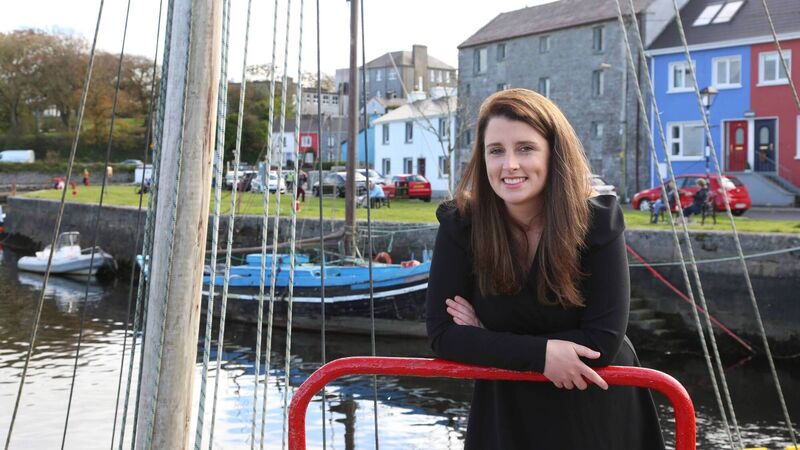Cost of living makes Dublin less attractive for remote workers

'We need to make Ireland the best place to work remotely,' according to Grow Remote co-founder Tracy Keogh, who is pictured launching the Meitheal in Kinvara, Co Galway.
The cost of living and the price of home office rent in Dublin makes it less attractive to so-called digital nomads, when compared to other cities around the world, a new study has found.
However, overall, the capital ranks 32nd out of 75 major cities globally in the index which examines the best cities to live and work remotely from, according to data on legislation, costs and overall livability.













